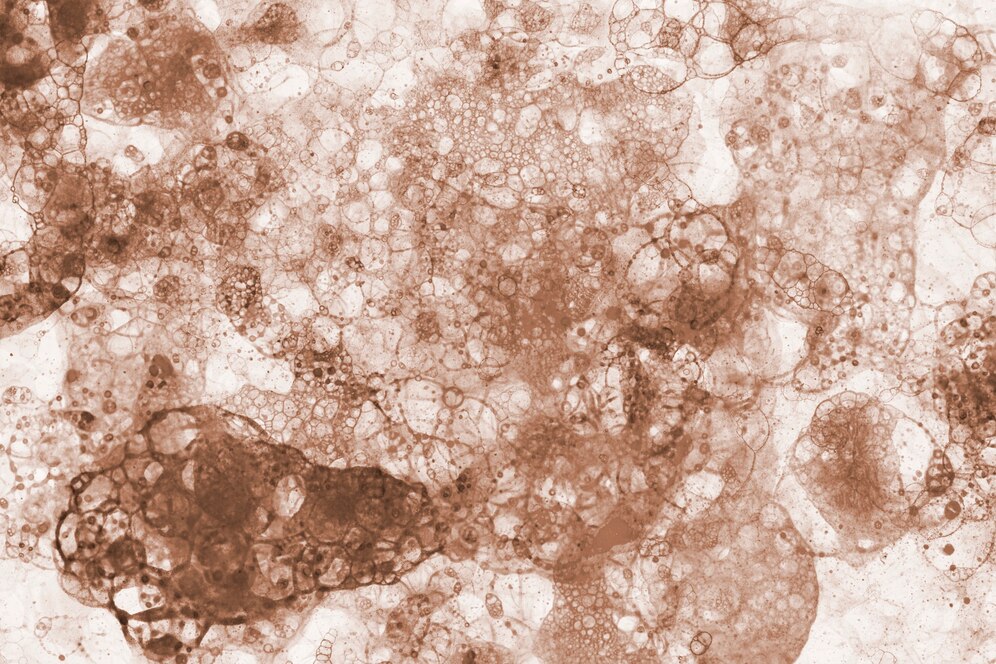Are you frustrated by the cloudy, crusty white residue on your faucets, bathtub, or dishes? Hard water stains can appear throughout your home, tarnishing surfaces and making them look less than pristine. However, there are effective ways to restore their shine.
What Causes Hard Water Stains? Hard water contains high levels of minerals like calcium, magnesium, and limestone. While safe for consumption, it can lead to plumbing issues, appliance damage, and unsightly stains on various surfaces in your home.
How to Remove Hard Water Stains There are three main methods for tackling hard water stains:
- Natural Cleaning Solution: Mix equal parts white vinegar and water in a spray bottle. Apply the solution to the affected area and let it sit for 5-10 minutes before wiping clean with a towel or rag. Buff the surface with a clean cloth for added shine.
- Commercial Cleaning Product: Choose a cleaner containing hydrochloric acid for tough stains. Wear gloves and ensure adequate ventilation before spraying the cleaner onto the stains. Wipe away the cleaner with a rag, rinse the surface with water, and dry thoroughly.
Preventing Hard Water Stains To maintain a sparkling home, dry surfaces promptly after use, such as wiping down shower walls or kitchen countertops after splashing water. This prevents mineral deposits from drying and leaving stains.
Consider installing a water softener system to mitigate the effects of hard water on your plumbing and appliances, saving both time and money in the long run.
Addressing Plumbing and Home Maintenance Hard water can lead to pipe clogs, reduced water heater efficiency, and increased heating costs. Begin by obtaining a water quality report from your utility company to understand the level of hardness in your water. You can also purchase a water hardness test kit for a more accurate assessment.
If you’re interested in eliminating hard water stains and protecting your plumbing, consult with an Expert to explore the installation of a water softening system tailored to your home’s needs.

